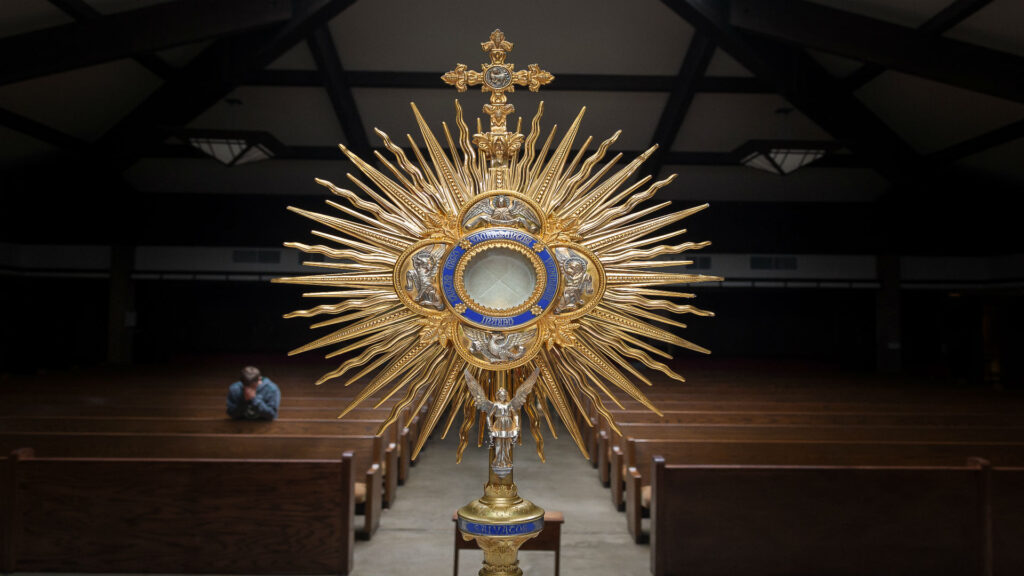History Kicks Back: Magic, Religious discomfort, and Drama

This is the second post in a four-part series describing a brief history of humanity’s attempts to define magic (here’s the first post). In this post, I explore some specific points in Western history worth our attention when discussing the history which the word “magic” has weathered over time. A voluminous quantity of writing from academia and various religious groups have struggled over what magic is, whether it exists, what the word itself means, and what the concept means about the world in which we live. There is also a huge volume of discussions about the nature of magic in many doctrinal religious groups—Buddhism, Hinduism, and the Judeo-Christian paradigms immediately come to mind. Modern mages need to understand the history to grasp the degree to which our perceptions of magic have been set off-kilter.
Many ideological groups whose doctrinal fundamentals are based in fantastical or otherwise “supernatural” forces employ magic as a distinction between taboo and “natural” forces. Great examples of this would be the Judeo-Christian community in the heart of the Roman empire. In an attempt to stand out from the other Pagan monotheistic movements, early Judeo-Christians drew a line in the sand between Godly miracles and supernatural phenomena.
The Christian narrative does not explicitly deny the existence or efficacy of magic: they have plenty of cool folks in the canonical scriptures that are both mages and aren’t inherently wicked people. They’re just not Godly because magic is definitionally not Godly (where laying on hands, or John the Baptist’s ecstatic rites are). Take Simon Magus, a magician who converts to the Church and spends his days casting spells for money—when he comes upon Peter and John praying for folks, Simon offers the apostles money for prayers, and is castigated. Some Christian readings of Simon’s actions emphasize that because he joined the Church to heighten his power, he wasn’t doing it for the right reasons.
Later, Christianity assumed a major role in modern intellectual history (the last 800 years) and ultimately re-shaped our social conception of the supernatural’s role in our lives by banishing superstition to the realms of irrationality and further distancing the Church from its Pagan cousins. This had a peculiar effect: the Church was forced to further retreat into its cloistered definition of Godly influence and rationalism reared its head, further pushing back the domains of knowledge that the Church presided over (planetary physics would be a great example).
As science slowly emerges as a major ideological hegemon, institutional religion’s skirmishes with un-godly magic ultimately contributed to the arsenal of skepticism, rationalism, and anti-superstition that brought science against the Church. When the so-called Copernican Revolution came, both the Church and their enemies suffered.
While Christian history is considered boring and pedantic, its undue influence on the Western World deserves attention. Paganism, and even modern Christianity, have started to dramatically wane in the face of a non-religious majority and an increasingly secular society, but these events initiated an explosive set of ideological reactions, the effects of which we can still see in modern secular thought today.
I would argue that Christianity’s early attempts to define itself differently from its competitors in the Roman Empire laid the intellectual foundation for its own downfall. The line between miracles and magic is a pretty blurry distinction in hindsight from a non-Christian perspective. The Enlightenment only took this to a further extent by establishing Christianity as strictly non-superstitious, pushing it further into an essentialist corner, which only made the Copernican revolution all the more devastating.

